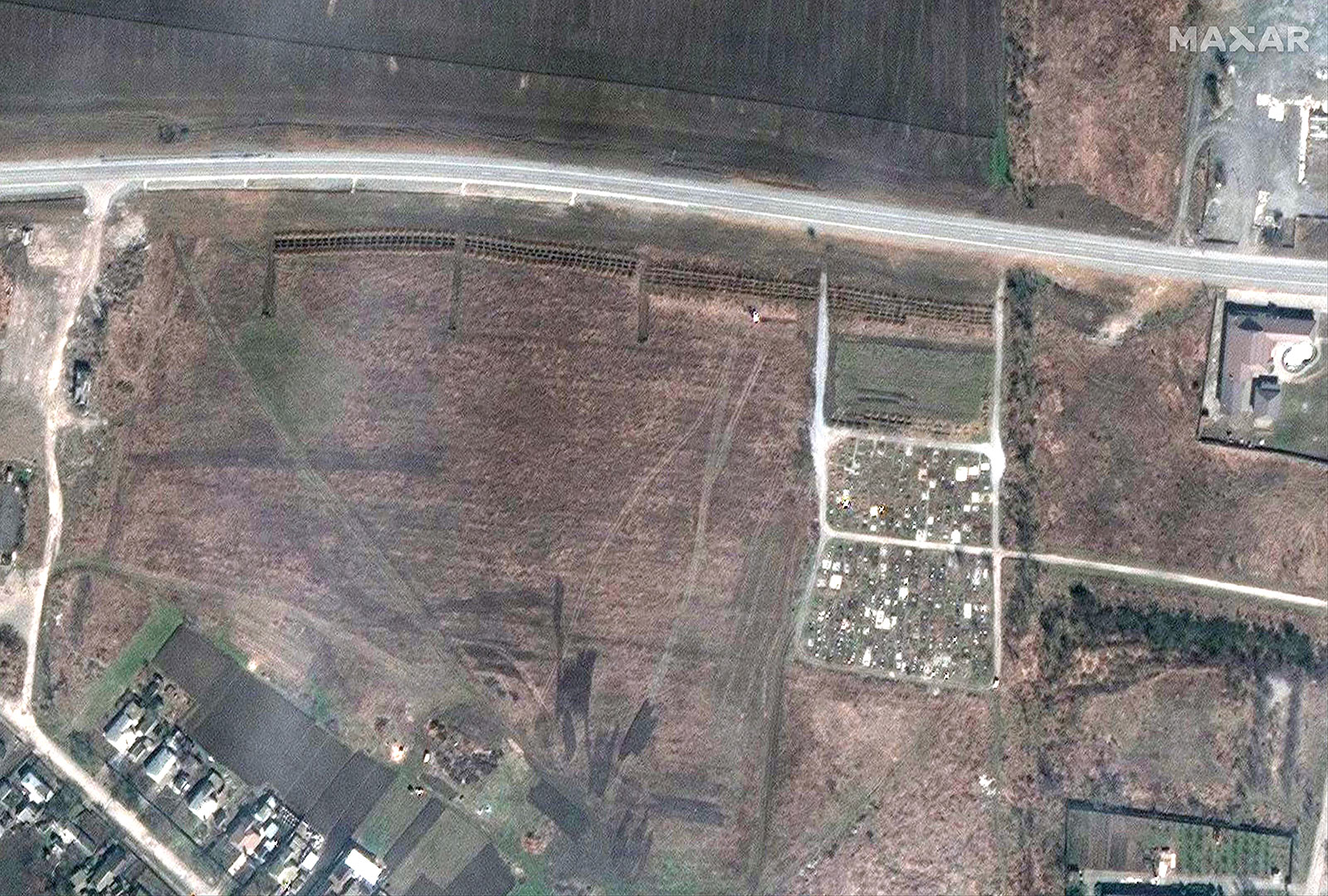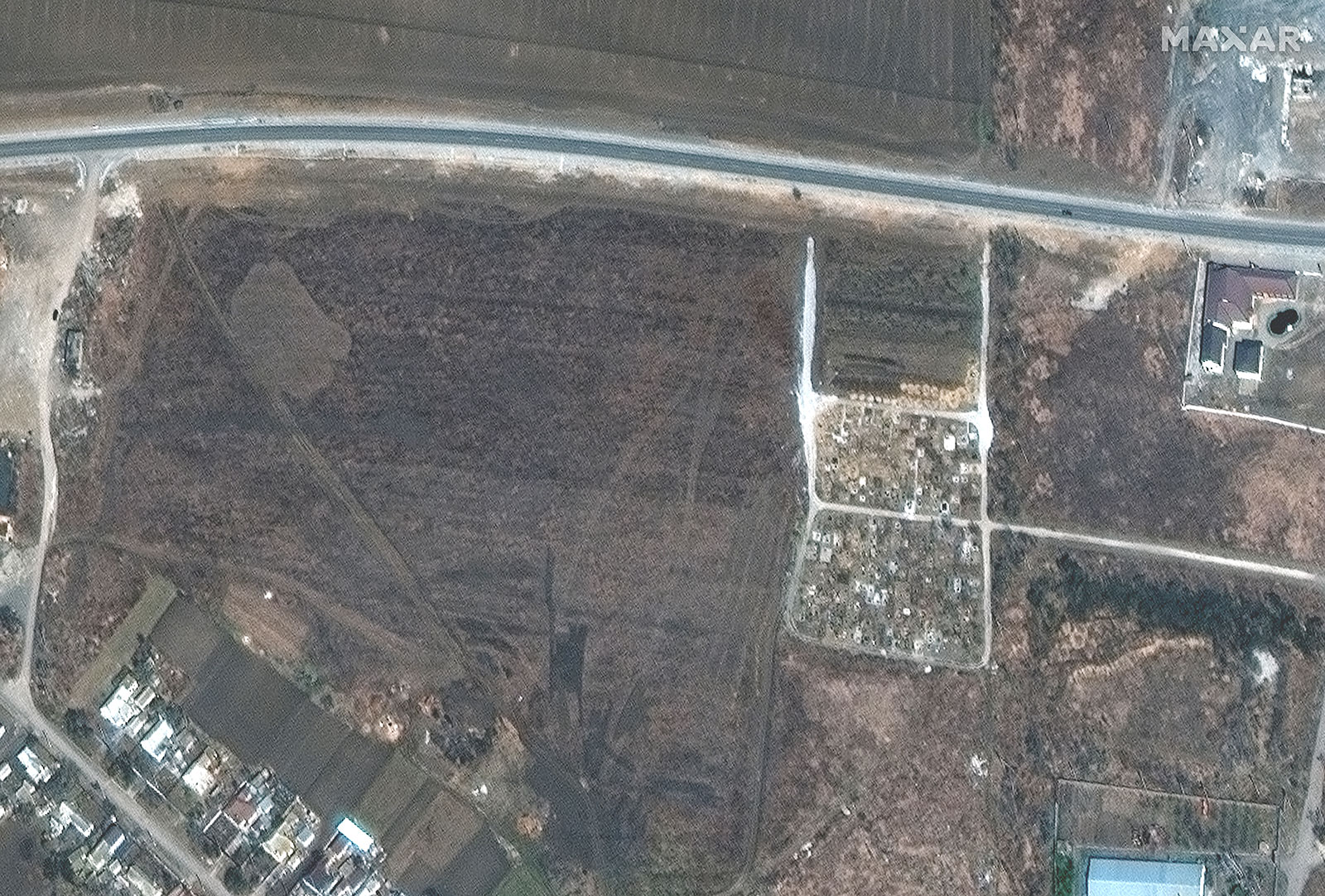The national airlines of Azerbaijan and Kazakhstan have suspended some flights to Russia after evidence suggested an Azerbaijani plane had been downed by Russian air defence systems.
The Kazakh airline, Qazaq Air, said on Friday it suspended its Astana to Ekaterinburg route, according to the Kazinform news agency, while Azerbaijan Airlines suspended flights to seven cities in the south of Russia.
The measures were taken after an Azerbaijan Airlines flight from Baku to Russia’s regional capital, Grozny, was diverted across the Caspian Sea and crash-landed near Aktau in Kazakhstan on Wednesday, killing 38 of the 67 people on board.
Video of the fuselage of the crashed aircraft has shown multiple puncture marks consistent with fire from an anti-aircraft system. There is also evidence that Russia was jamming the GPS navigation system near Grozny at the time, apparently to defend against an attack by Ukrainian drones.
Qazaq Air said it was suspending flights to Ekaterinburg until January 27 pending an “ongoing risk assessment” of flights to Russia. Azerbaijan Airlines said it halted flights to Grozny and other southern Russian cities until completion of an investigation into the crash.
Israel’s flag-carrier, El Al, on Thursday also announced it was suspending flights from Tel Aviv to Moscow pending a safety assessment.
Russia had insisted the aircraft was unable to land in Grozny because of heavy fog and that the aircraft had hit a flock of birds. Local authorities in Russia’s nearby North Ossetia region announced an attack by Ukrainian drones, one of which was shot down, killing a woman on the ground. But the Kommersant newspaper reported there was no “heavy fog” forecast for Grozny at the time.
The head of Russia’s Rosaviatsia aviation agency, Dmitry Yadrov, on Thursday said the conditions around Grozny had been “very difficult” amid attacks from Ukrainian combat drones.
Asked on Friday about reports of a missile strike, Kremlin spokesman Dmitry Peskov said he had nothing to add.
The incident has invoked comparisons with Malaysia Airlines flight MH17 being shot down over Ukraine in 2014. An investigation concluded that crash, which killed all 298 people on board, was the result of the firing of an air defence missile by Russia-controlled fighters in eastern Ukraine.
It is not clear how long Kazakhstan’s investigation into the crash will take, or how free it will be to reach conclusions about the cause. The probe includes investigators from Russia and Azerbaijan, according to Kazakh officials.
Azerbaijani President Ilham Aliyev said it was too early to comment on what had caused the crash.
The aircraft type involved — an Embraer-190 regional jet — was previously regarded as one of the world’s safest civil aircraft.
A senior US official has said there are early indications a Russian anti-aircraft system might have struck the flight.
Senior Ukrainian officials told the Financial Times they also believed the aircraft was probably hit by an air defence missile. Andriy Kovalenko, a Ukrainian national security and defence council official, posted on Telegram on Thursday that Russia should have closed the airspace over Grozny, given the operations it was undertaking, but did not do so.
“The plane was damaged by the Russians and sent to Kazakhstan, instead of making an emergency landing in Grozny and saving people’s lives,” he wrote.
Rasim Musabekov, a member of Azerbaijan’s parliament, has called for Russia to apologise.
“The plane was shot down in Russian territory, in the skies over Grozny, and this cannot be denied,” Musabekov told the Turan news agency. “This is how civilised relations work. If air defence systems are active, the airport should be closed, and warnings should be issued to prevent flights to the area.”
























/cdn.vox-cdn.com/uploads/chorus_asset/file/24924653/236780_Google_AntiTrust_Trial_Custom_Art_CVirginia__0003_1.png)




/cdn.vox-cdn.com/uploads/chorus_asset/file/25672934/Metaphor_Key_Art_Horizontal.png)

